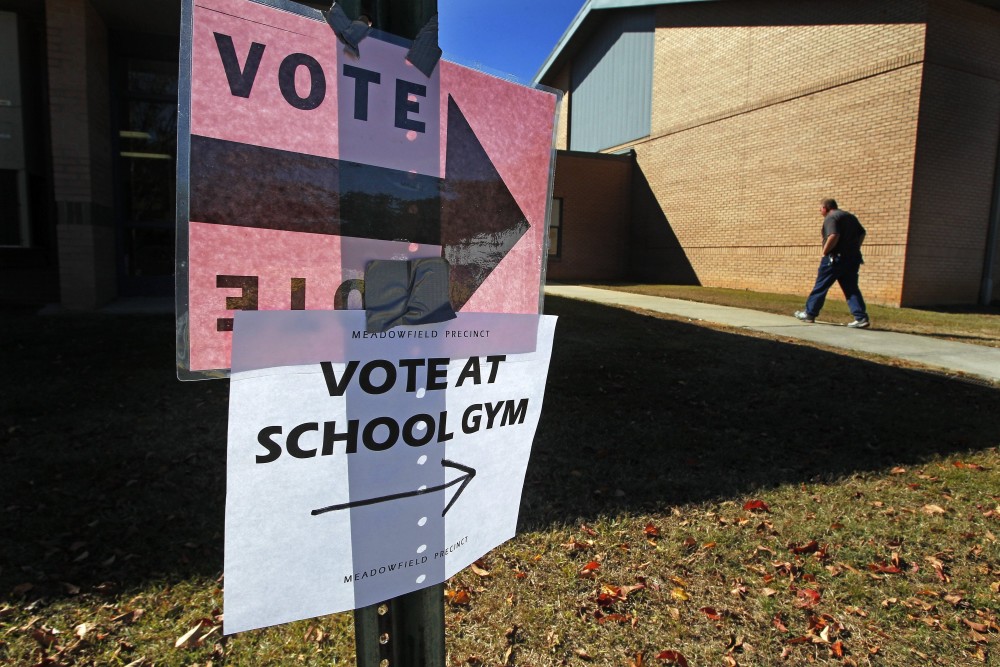By Jessica Heslam
Boston Herald.
The gender line is blurring at ballot boxes across the state and nation, as candidates and strategists try to tailor their campaign messages to women voters increasingly worried about the same issues as men — including jobs and the economy.
“They’re just family issues,” said Boston City Councilor Ayanna Pressley. “When you’re talking about access to health care, that is not an issue or concern unique to women. They are simply issues that disproportionately impact women versus men.”
Male and female voters are talking to her about the same worries, Pressley said. Jobs top the list, she said, and health care, public safety and schools are also big concerns.
“That’s because those issues resonate with everyone, not exclusively women,” said Pressley.
So-called women’s issues and men’s issues just don’t exist anymore, she said.
In political races here and across the country, there has been a shift away from the so-called women vs.
buy viagra oral jelly generic buy viagra oral jelly online no prescription
men issues as family concerns take center stage among both men and women who are worried about the economy and jobs.
“The old issues that divide men and women are still there, but the margins might be less this cycle,” said David Paleologos, director of Suffolk University’s Political Research Center.
Some Republican and Democratic campaigns continue to focus on old gender-based issues, such as reproductive rights and contraception, said Kristen Nevious, director of the Marlin Fitzwater Center for Communication at New Hampshire’s Franklin Pierce University.
“But those aren’t the questions I’m hearing the young single women that everybody is courting ask,” Nevious said.
They’re asking about jobs, she said, affordable education and how to pay off student loans.
And it’s not just women — men are just as concerned.
“I don’t know that there’s a gender difference there,” Nevious said. “I think it’s a concern of everybody.”
There are still some differences in how men and women vote, some observers note.
Former Democratic state Treasurer Shannon O’Brien said both men and women care about economic issues but minimum wage, earned sick time and worker’s benefits “play more heavily” among women — who “have different positions within the economy.”
Women on average earn less money than men, O’Brien pointed out, and more women tend to work in the service industries — and may not get as many benefits. Women also come in and out of the workforce more frequently than men due to child care responsibilities, O’Brien said.
“It’s your world view that a lot of time colors how you vote,” said O’Brien, who lost her 2002 bid for Bay State governor to Republican Mitt Romney. “I don’t think that women vote as a monolith, like, ‘Oh, we girls are all sticking together.’ ”














































































































































































































































































































































































